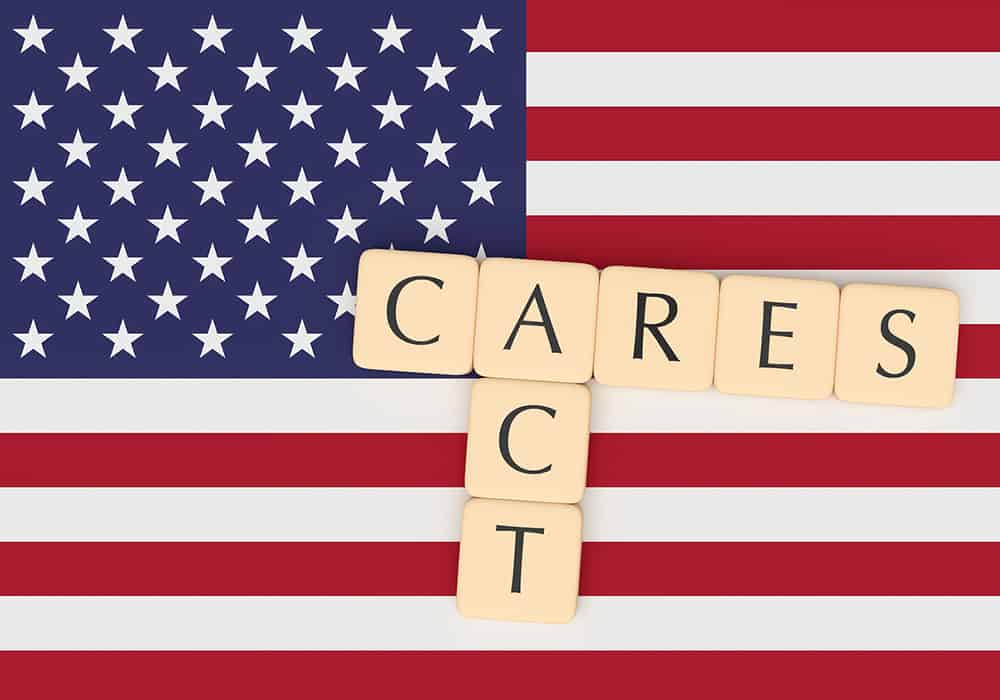What You Need to Know
The CARES Act (The Coronavirus Aid, Relief, and Economic Security Act) became law on March 27th, 2020, and contains significant legislation for Required Minimum Distributions (RMD) for those over age 70 ½ who have already started RMD. Under previous IRS distribution laws, a minimum distribution from a pre-tax retirement savings account, such as a 401(k), IRA, or other tax-sheltered accounts, would have to happen in 2020 to avoid the penalty for not taking a distribution. Under the CARES Act, no RMD is required for individuals or beneficiaries of inherited retirement accounts in 2020 due to COVID-19.
How will this help investors?
- RMD amounts base on a December 31st
valuation; in December 2019 account values were much higher in comparison to
now, requiring a more considerable RMD amount before the CARES Act legislation - Eliminating RMD for 2020 will decrease an
individual’s overall earnings, therefore resulting in a lower state and federal
tax liability. - Investors experiencing market loss can forego a
distribution in hopes of capturing the upside of the market later on the shares
that would’ve liquidated for the RMD. - The CARES Act provides an opportunity for an RMD
to be applied toward a Roth IRA conversion anytime in 2020. Taxes on the
distribution will apply as usual, but the RMD will now occur during a down
market. Investors will capture the upside of the market with no tax
consequences on the Roth IRA’s growth on their initial conversion contribution. - RMD from a tax-qualified plan can invest in an
annuity under the same tax provisions of the CARES Act.
Under the CARES Act, an additional economic relief provision is built-in for COVID-19 hardship distributions. Investors can access up to $100,000 from their employer retirement savings without penalty if impacted in any of the following ways:
- They or an immediate family member diagnoses
with COVID-19. - They were not able to work due to a lack of
childcare. - Their job eliminates, reduces operational hours,
lays them off, or they quarantine, resulting in financial duress.
As with the act’s RMD provisions, taxes are due on any hardship distribution from a tax-sheltered retirement plan, but no early distribution penalty will apply. Despite what is happening to the stock market, our economy, and health, right now may be the best time to consider an RMD distribution or a hardship distribution. If you have any questions about the CARES Act and the above information, feel free to reach out anytime.
Thinking about taking a distribution?




